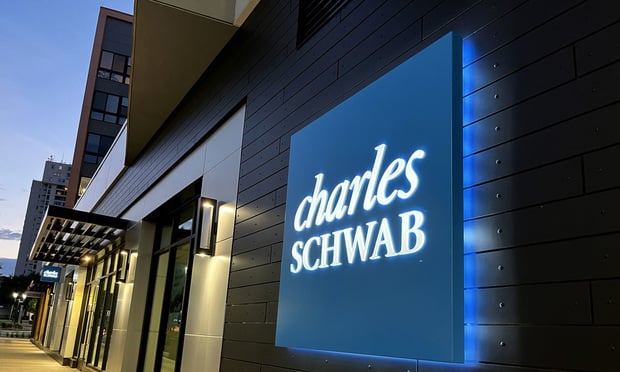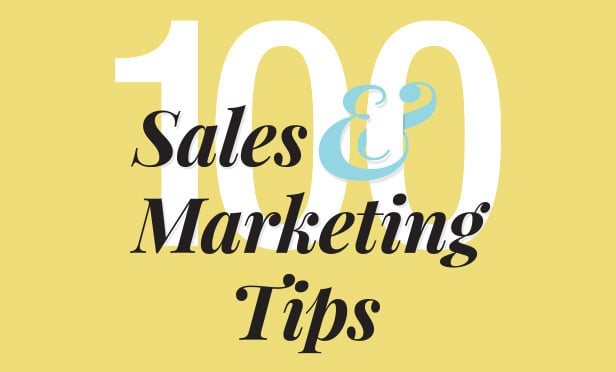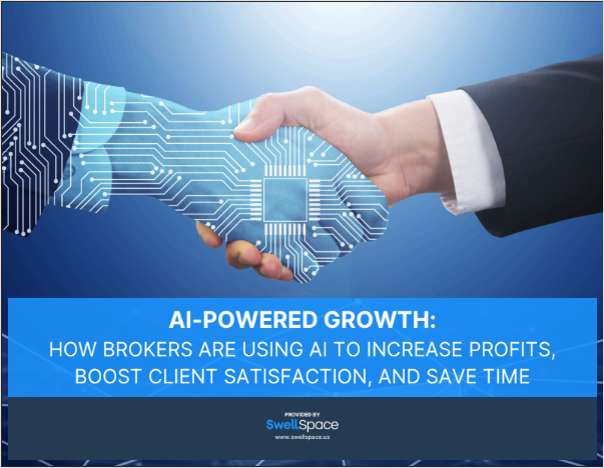 As You Sow found that of the S&P 500 companies, 66% made statements after George Floyd's murder. Of those, 50% were posted on their websites. Sixteen percent of companies said their CEOs accept responsibility for racial justice, and 14% publicly stated Black Lives Matter. Forty percent named victims of police violence. The report also found that the largest companies by market cap, and the largest employers by headcount, were most likely to release meaningful workplace diversity and inclusion data. In fact, almost half (46%) of the 100 largest companies by market cap in the S&P 500 release their consolidated Employment Information Report (EEO-1) forms. More than 1 in 4 of the 100 largest employers in the S&P 500 do so as well. However, disclosure rates of recruitment, retention, and promotion data by race and ethnicity are still catching up to gender data. See our slideshow above for the top 10 leaders in workplace DEI disclosures, and click here and here for the full studies.
As You Sow found that of the S&P 500 companies, 66% made statements after George Floyd's murder. Of those, 50% were posted on their websites. Sixteen percent of companies said their CEOs accept responsibility for racial justice, and 14% publicly stated Black Lives Matter. Forty percent named victims of police violence. The report also found that the largest companies by market cap, and the largest employers by headcount, were most likely to release meaningful workplace diversity and inclusion data. In fact, almost half (46%) of the 100 largest companies by market cap in the S&P 500 release their consolidated Employment Information Report (EEO-1) forms. More than 1 in 4 of the 100 largest employers in the S&P 500 do so as well. However, disclosure rates of recruitment, retention, and promotion data by race and ethnicity are still catching up to gender data. See our slideshow above for the top 10 leaders in workplace DEI disclosures, and click here and here for the full studies.Complete your profile to continue reading and get FREE access to BenefitsPRO, part of your ALM digital membership.
Your access to unlimited BenefitsPRO content isn’t changing.
Once you are an ALM digital member, you’ll receive:
- Breaking benefits news and analysis, on-site and via our newsletters and custom alerts
- Educational webcasts, white papers, and ebooks from industry thought leaders
- Critical converage of the property casualty insurance and financial advisory markets on our other ALM sites, PropertyCasualty360 and ThinkAdvisor
Already have an account? Sign In Now
© 2025 ALM Global, LLC, All Rights Reserved. Request academic re-use from www.copyright.com. All other uses, submit a request to [email protected]. For more information visit Asset & Logo Licensing.








